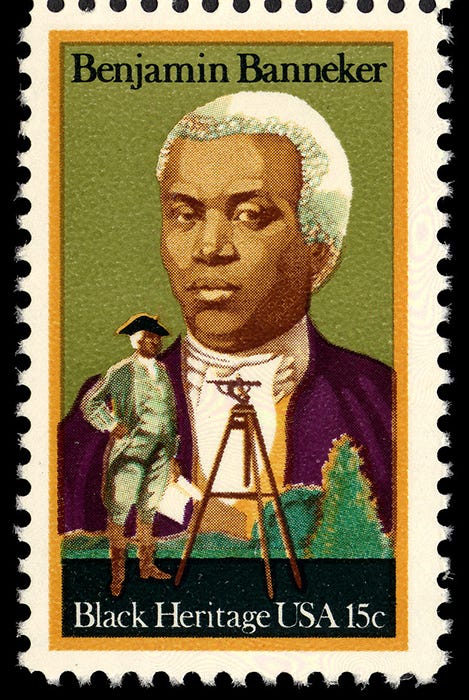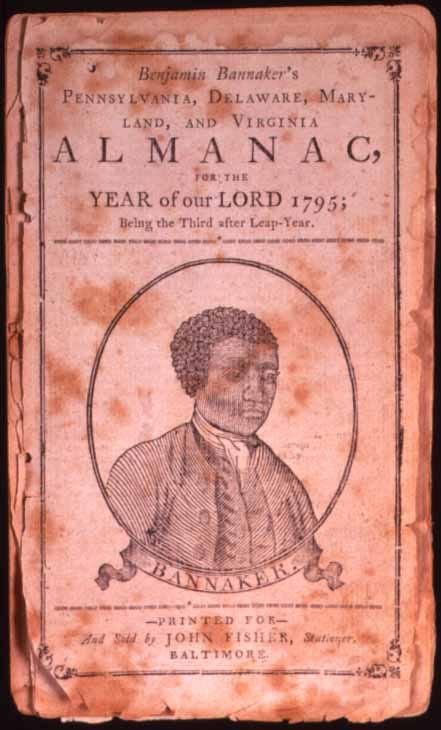The Black man who commanded time
Banned Histories of Race in America
The other day I was having a conversation with a stranger. He was an older white man and we were talking about history and politics. At a certain point in the conversation the idea of hoarding power over people came up and this stranger addressed the idea with, “Well, that’s just human nature.”
I was pretty angry.
I wanted very badly to say, “Human beings in our current physical and mental state have existed somewhere around 300,000 years! As Western Civilization goes, we’ve been recording history for something like 5,000 or 6,000 years!”
I wanted to shout, “The vast majority of that history involves magic and dragons, the moral heroism of the wealthy and other complete bullshit! But for the sake of whatever, let’s just say all 6,000 years of that recorded history is 100% accurate! And for that same sake, let’s also say that you are the one human on earth capable of retaining and accessing all 6,000 years of 100% completely accurate history! That would mean that even in that totally absurd circumstance, at most you would still only have knowledge of 3% of human existence! You couldn’t look at 3% of one thing in this entire world and be able to even identify it, let alone understand its nature!”
I was ready to scream, “Such a claim is perhaps the silliest of all time! Do you think yourself a god? Do you not understand that false claims of nature are also the deadliest tool of white supremacy? Such claims are the justifications of holocausts and slavery and eugenics! Even at its most passive, it’s an idea that justifies the power structures around us and the power discrepancies between us while demanding deliberate and willful ignorance of the simplest solutions to our worst injustices!”
Maybe I could’ve pulled myself together at that point and explained, “The ability to identify when tides are at their highest or the sun is at its peak has always been necessary for human existence, but time does not exist for us all the same. For example, in the America of the 1700s, you could tell time one of two ways: sundial or pocket watch. Sundials are pretty good in the daytime when it’s not cloudy and pocket watches were more a sign of wealth than anything else. They would lose hours in a day, but if you owned one it was only to show off what a luxury time already was for you anyway, so accuracy couldn’t possibly matter. Owners of pocket watches weren’t out sweating in the sun or trying to beat the tide. They were the type to hoard such access to information as to believe they commanded time.
“Enter: Benjamin Banneker. Born in Baltimore County, MD in 1731, Benjamin was free. His father, Robert, had been born in Africa, kidnapped, brought to this country and enslaved. Robert managed to buy his own freedom, an amount of land and put his son’s name on the deed, securing Benjamin’s life as a freeman.
“Benjamin would eventually become a farmer, astronomer, mathematician and almanac author. But before any of that, in 1751 when he was just 19 years old, Benjamin took a look around. He saw the wealthy flaunt the luxury of their time and their feeble understanding of the world. Benjamin then said, ‘Fuck all that,’ probably. And then, with no formal education, having only ever seen a sundial and pocket watch, Benjamin, a lowly negro, began designing a clock. He borrowed a rich man’s pocket watch, disassembled it, made drawings of every single piece, reassembled and returned the watch. Then Benjamin Banneker fixed the design flaws, painstakingly reproduced every single piece of the watch on a larger scale, carving them all out of wood. It took him two years, but by the end he had created the first clock ever to exist in what would eventually become these United States. It kept accurate time for more than 50 years until it was destroyed in a fire.
“This is all to say that Benjamin Banneker not only singlehandedly ripped time itself from the hands of the wealthy, but destroyed your ridiculous idea of human nature as well!”
I wanted very badly to say all of that, but there just wasn’t time. So, instead I didn’t say any of that. Instead, I said, “I think you’re talking about the nature of capitalism,” and then hurried home to write this.



